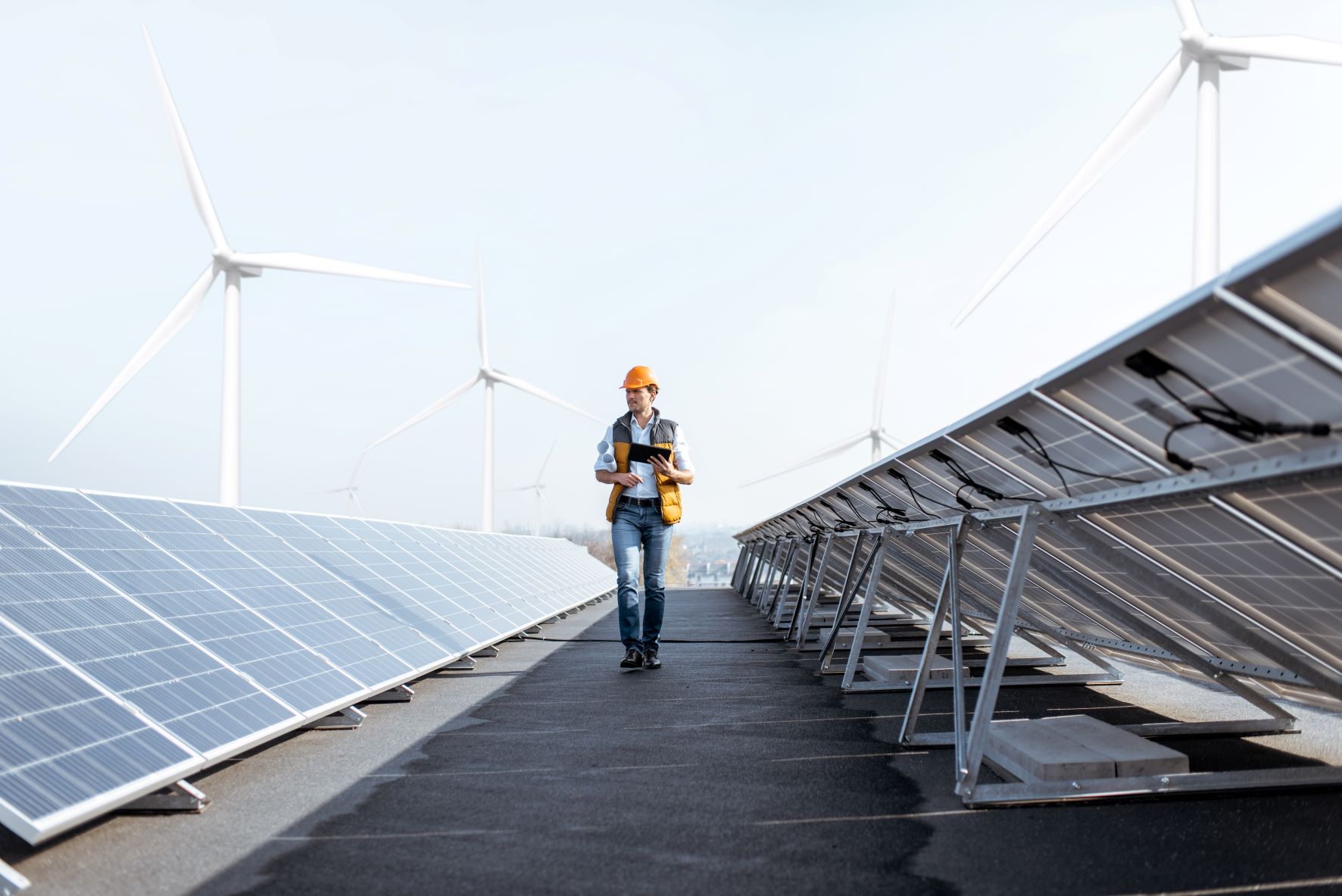
Digging into the mining impacts of renewable energy
You can’t make something from nothing, and like all products, wind turbines, solar panels, batteries and transmission infrastructure use materials, many of which must be taken from earth or oceans.
That’s why energy efficiency and conservation are so important. We consume far more than necessary, especially in the Western world. The first R is always “reduce.” We also have to consider the life cycle of products, to ensure we recycle, reuse and repurpose as much as possible.
Many renewable energy and storage technologies use minerals such as lithium, copper, graphite, zinc, cobalt, copper, nickel and rare earth minerals — far more than fossil fuel infrastructure, in fact. As the Massachusetts Institute of Technology’s Climate Portal notes, this requires energy and freshwater, produces greenhouse gas emissions and waste, can be dangerous for workers and is sometimes tied to labour and human rights abuses.
Of course, these problems and more also exist with fossil fuel extraction and use, often to a much greater degree.
A December 2021 study by researchers from the Baker Institute Center for Energy Studies in Texas found, “Even if the world increased 12-fold the annual global production of all rare earths, lithium, cobalt, and even copper, the metals produced would comprise just 3% of 2020 world coal production. Over two decades, five times more power would be produced by mining an equivalent amount for wind rather than coal.”
Mark Jacobson, Stanford University professor and author of No Miracles Needed: How Today’s Technology Can Save Our Climate and Clean Our Air, says wind and solar require about one per cent of the mining fossil fuel energy needs in terms of materials mass.
Even if the world increased 12-fold the annual global production of all rare earths, lithium, cobalt, and even copper, the metals produced would comprise just 3% of 2020 world coal production.
The Baker Institute study also found renewable technologies come with less political risk, because “they depend on trade only for the acquisition of materials and components during construction” and so are “not exposed to the political risks that plague fossil fuel production and shipments, such as interdiction, embargo, civil war, labor actions, and other disruptions.”
Jacobson also notes that, because wind, solar and water (hydroelectric, tidal, ocean current, geothermal, etc.) are more efficient than burning coal, oil and gas, and require less energy to obtain than fossil and nuclear fuels, global energy use from renewables is 56 per cent lower and annual costs about 63 per cent lower. Adding health and climate savings makes renewables even more cost-effective.
Many of mining’s environmental and social impacts can be reduced by “adopting improved regulations and lower-impact methods,” including “improving community consultation processes, ensuring comprehensive mine closure and remediation of abandoned mine sites, and exploring ways to reduce or reuse mining waste,” according to MIT.
Rapidly advancing technologies will also help, such as smaller, lighter batteries, better ways to obtain lithium and development of storage solutions such as sodium-ion batteries, which use abundant sodium from seawater. Obtaining materials from recycling or secondary sources is also necessary.
The space renewable energy infrastructure takes up is also an issue. But unlike fossil fuel developments, wind turbines and solar panels can often coexist with other uses; for example, wind turbines can be placed on agricultural land and solar panels on roofs.
Siting is also important to reduce harm to nature and wildlife, such as the effects of wind turbines on birds and bats. Again, although these impacts must be considered and avoided or reduced, it’s important to note that extracting, transporting and burning coal, oil and gas cause far more damage to wildlife and ecosystems.
A systemic shift from an economy based on excessive, wasteful consumption of energy and products is critical.
A systemic shift from an economy based on excessive, wasteful consumption of energy and products is critical. We also need to reduce problems from energy we do use. Although no technology will ever be impact-free, renewable energy uses far fewer resources overall, takes up less space, is more efficient, pollutes less, isn’t as environmentally damaging, creates fewer health problems and deaths and is better for the climate than fossil fuel energy.
There’s just no comparison!
David Suzuki
David Suzuki, Co-Founder of the David Suzuki Foundation, is an award-winning scientist, environmentalist and broadcaster. David is renowned for his radio and television programs that explain the complexities of the natural sciences in a compelling, easily understood way.
Education
As a geneticist. David graduated from Amherst College (Massachusetts) in 1958 with an Honours BA in Biology, followed by a Ph.D. in Zoology from the University of Chicago in 1961. He held a research associateship in the Biology Division of Tennessee’s Oak Ridge National Lab (1961 – 62), was an Assistant Professor in Genetics at the University of Alberta (1962 – 63), and since then has been a faculty member of the University of British Columbia. He is now Professor Emeritus at UBC.
Awards
In 1972, he was awarded the E.W.R. Steacie Memorial Fellowship for the outstanding research scientist in Canada under the age of 35 and held it for three years. He has won numerous academic awards and holds 25 honourary degrees in Canada, the U.S. and Australia. He was elected to the Royal Society of Canada and is a Companion of the Order of Canada. Dr. Suzuki has written 52 books, including 19 for children. His 1976 textbook An Introduction to Genetic Analysis(with A.J.F. Griffiths), remains the most widely used genetics text book in the U.S.and has been translated into Italian, Spanish, Greek, Indonesian, Arabic, French and German.
My Blog Posts